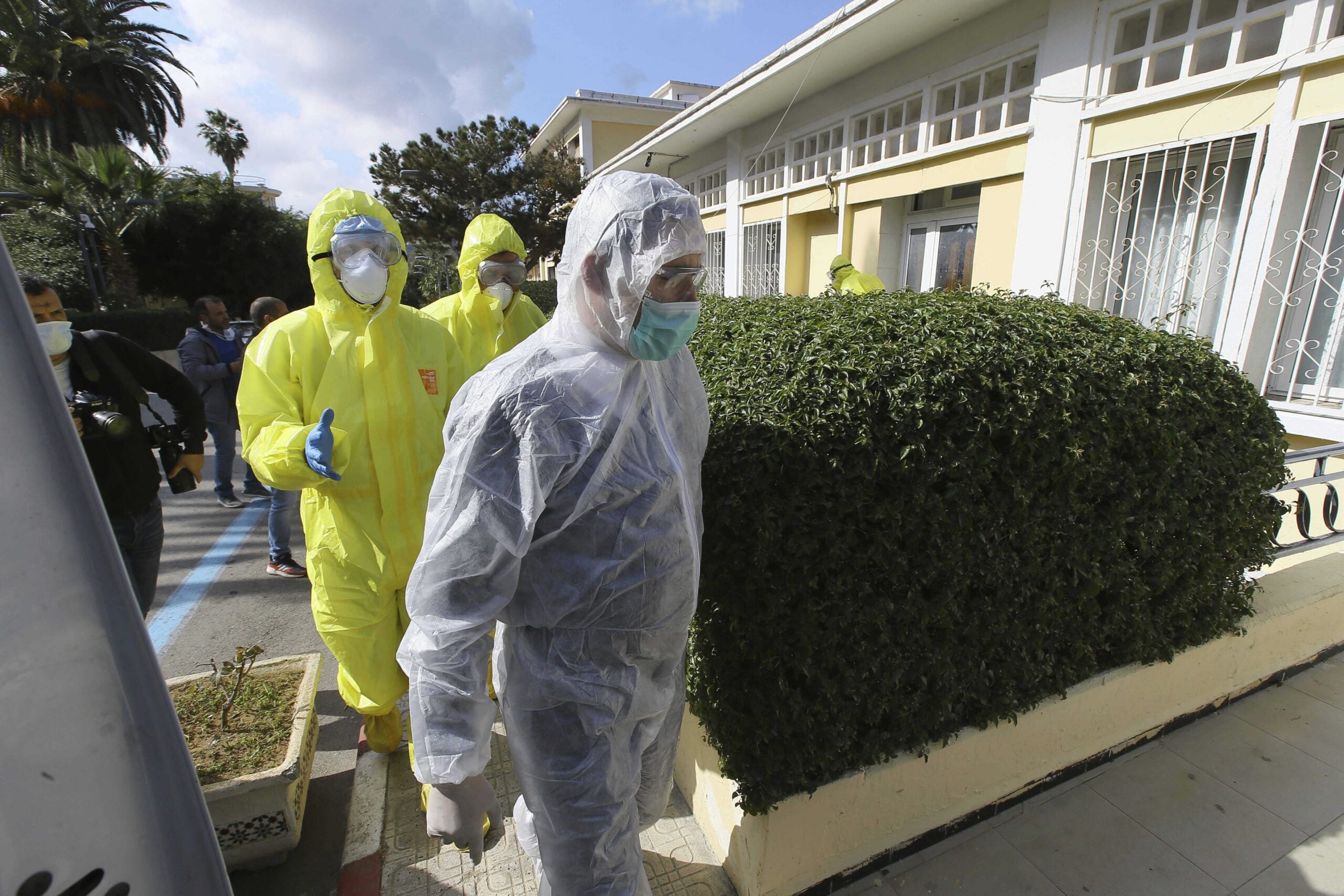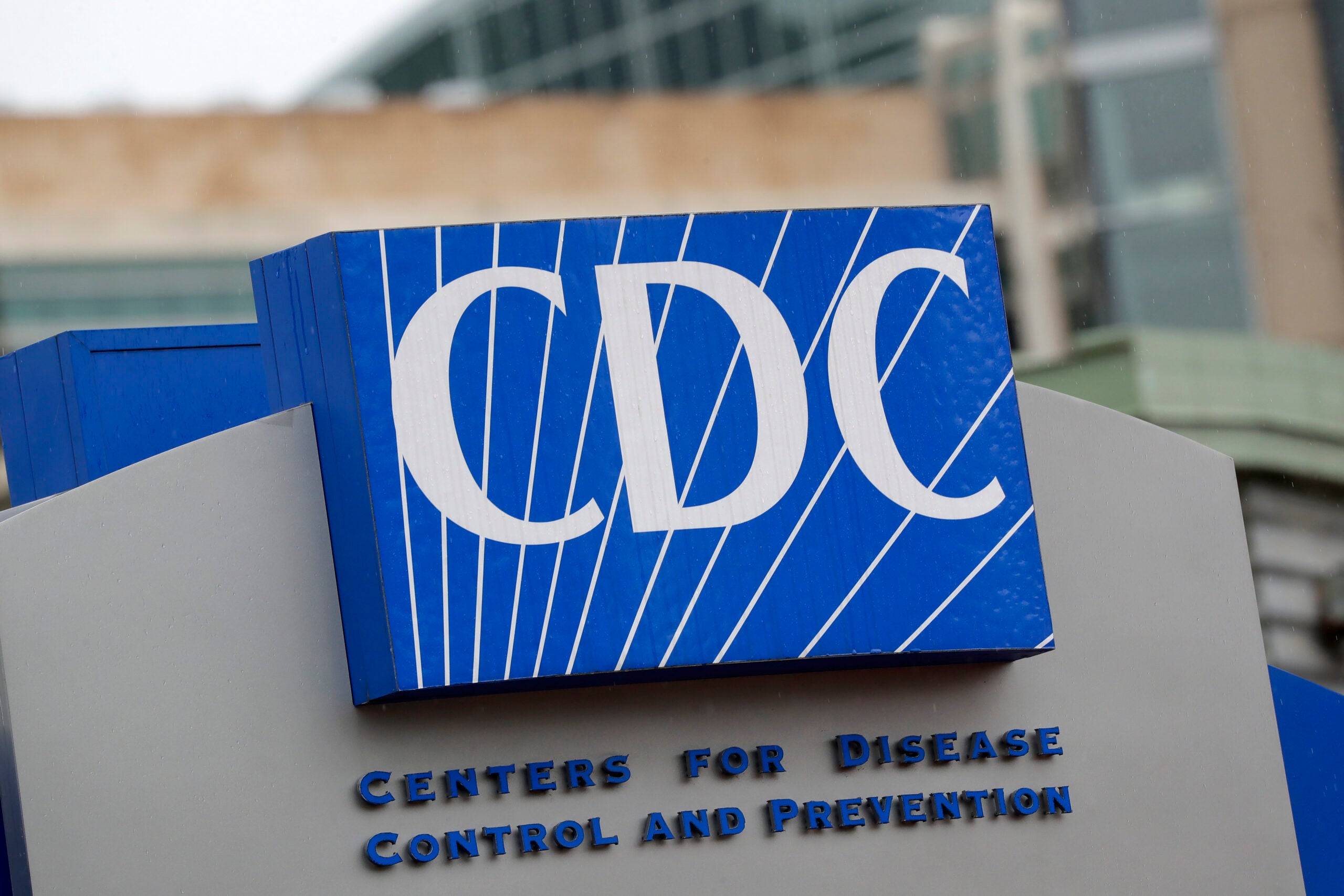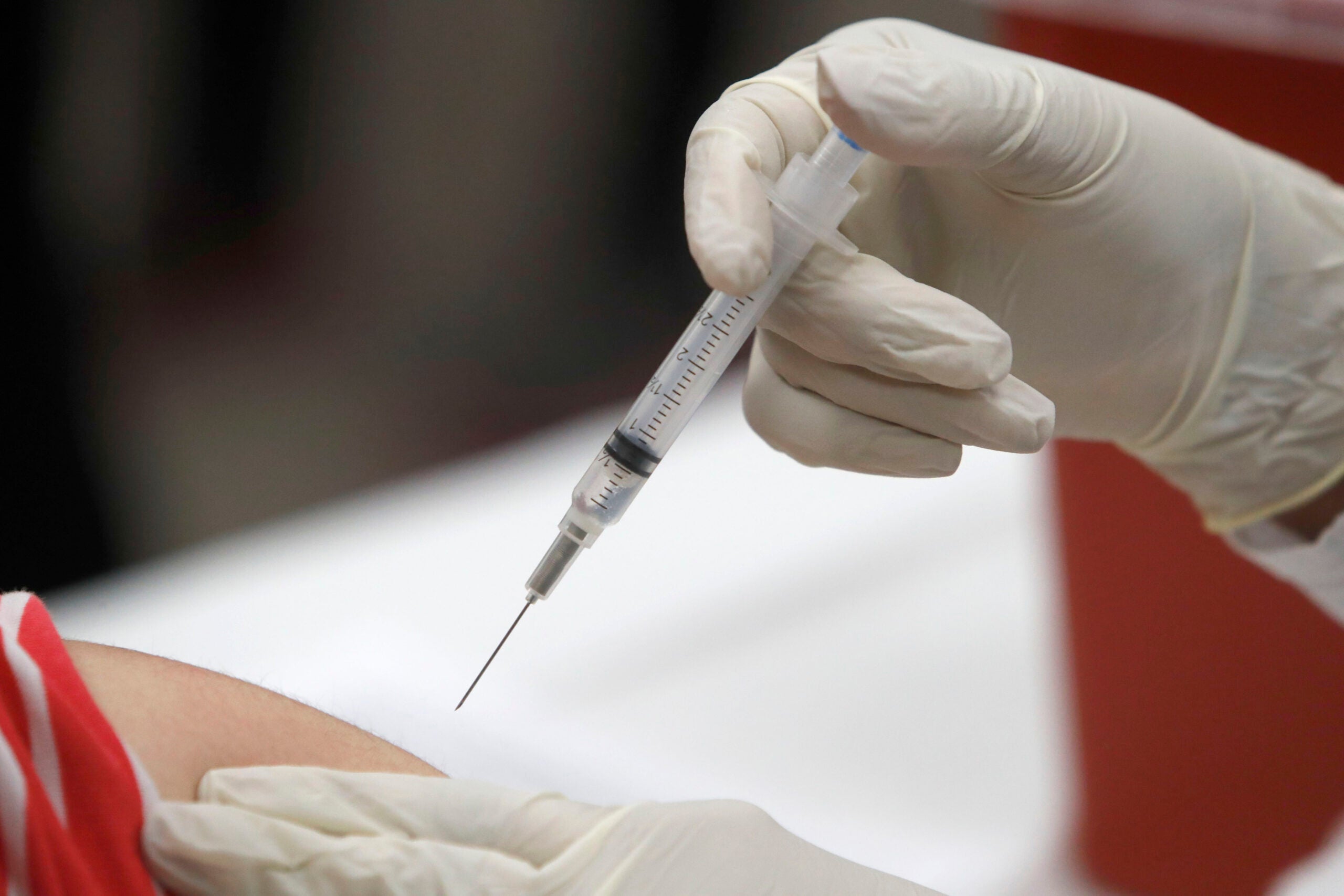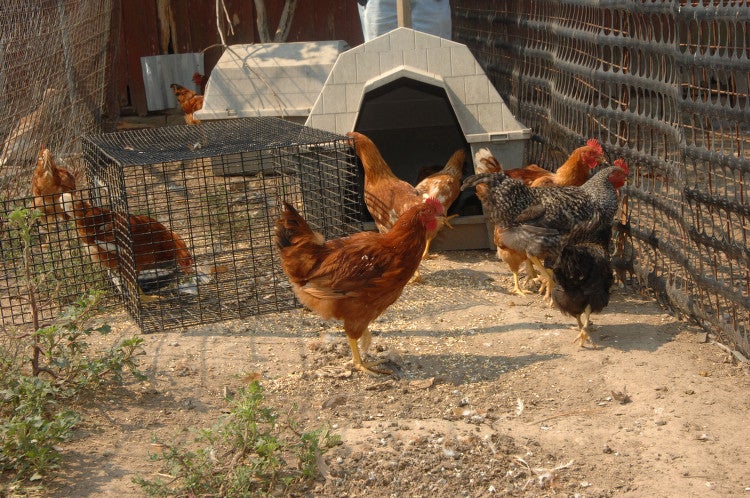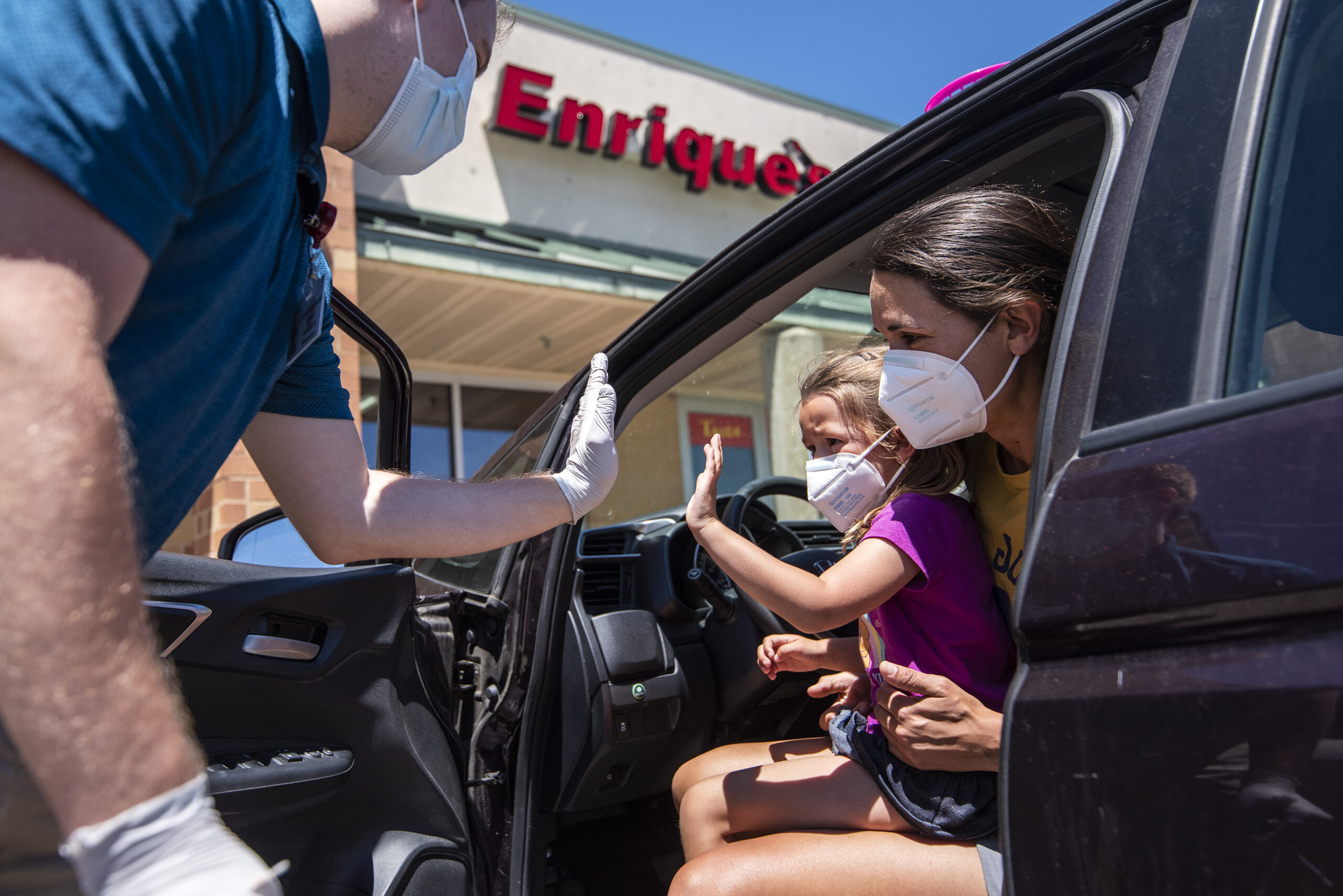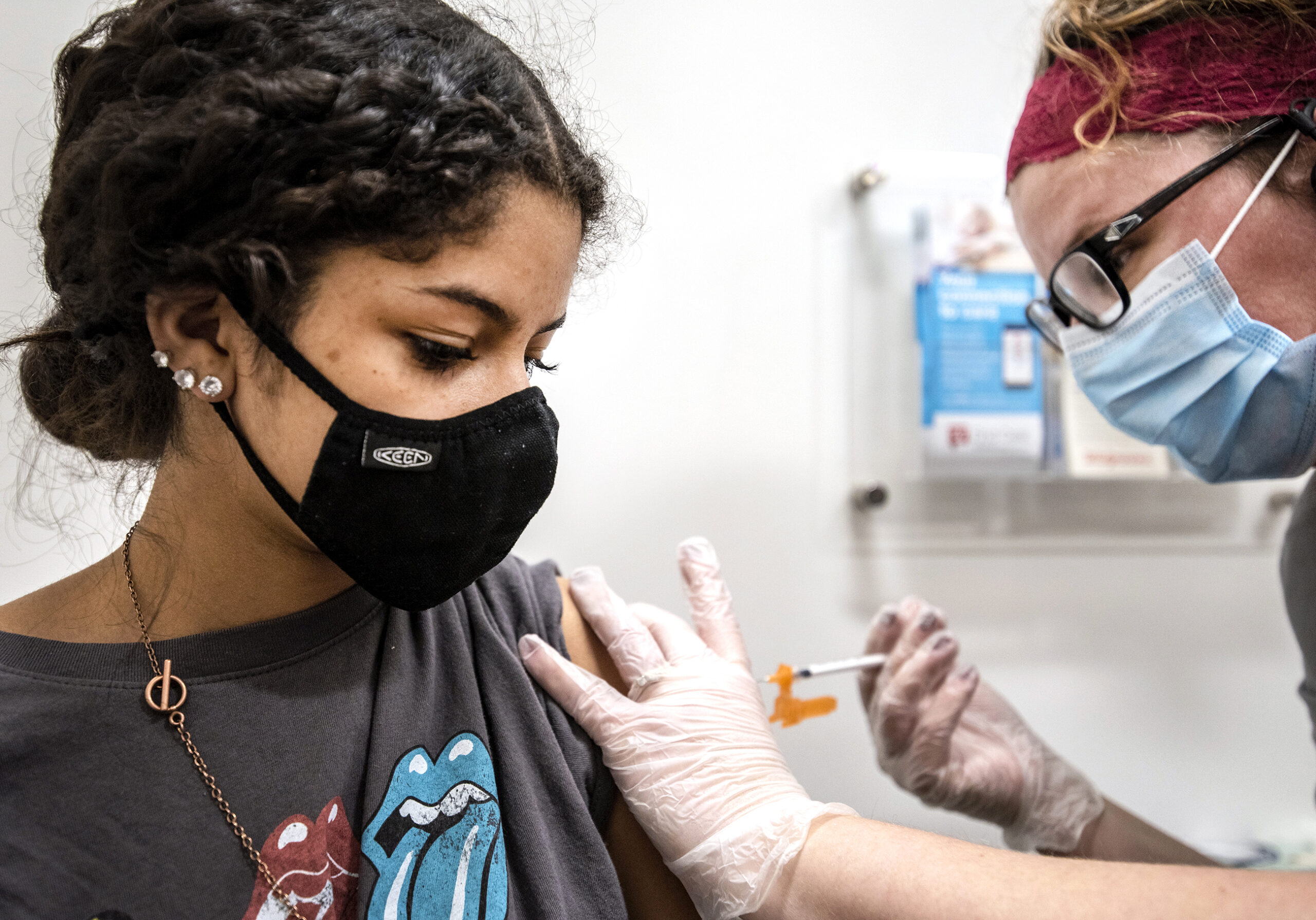As COVID-19 spreads around the globe, state and local officials in Wisconsin are making preparations. While they say the risk of infection is low in Wisconsin, they said they want to be ready in case the outbreak worsens.
Officials said that they’re ready in case the ailment becomes a pandemic and people need to be quarantined. State officials are drawing up guidance, and as for possible school closures, local education officials would work with area health departments.
Gov. Tony Evers told reporters in Milwaukee on Wednesday that they’re making preparations should COVID-19 take hold here. COVID-19 is caused by a member of the coronavirus family that’s a close cousin to the SARS and MERS viruses that have caused outbreaks in the past.
Stay informed on the latest news
Sign up for WPR’s email newsletter.
“We’re hopeful with those precautions, we’re in a good place. But it is something we take seriously,” Evers said.
So far, only one case of the disease has been confirmed in the state. That individual is doing well but is still isolated, according to state health officials.
Risk to the general public is “very low,” said Dr. Ryan Westergaard, chief medical officer and state epidemiologist with the state Department of Health Services.
He said the mortality rate is less than 1 percent, but that coronavirus infections causing COVID-19 continue to increase worldwide and the U.S. Centers for Disease Control and Prevention cautioned that communities should start preparing and be ready for disruption in their daily lives. That could mean working from home, schools closing, hospitals delaying elective surgeries and other measures.
“We’re currently working with the CDC and local health care partners to understand surges in demand in the use of medical care and supplies,” said Jeff Phillips, director of Preparedness and Emergency Health Care at DHS. “We conduct extensive outreach to health care organizations to ensure their systems are prepared to handle a pandemic.”
The World Health Organization hasn’t declared COVID-19 a pandemic yet, but has urged countries to prepare for one.
There are 53 cases of COVID-19 in the U.S. Most are travel-related and no one has died.
Meanwhile, the seasonal flu is surging across the country and in Wisconsin. More than 19,000 people have gotten sick with influenza so far and the season hasn’t peaked, according to state health officials. Forty-four people have died from the flu in Wisconsin as of Feb. 15, according to the DHS Weekly Respiratory Report.
Wisconsin Public Radio, © Copyright 2025, Board of Regents of the University of Wisconsin System and Wisconsin Educational Communications Board.
